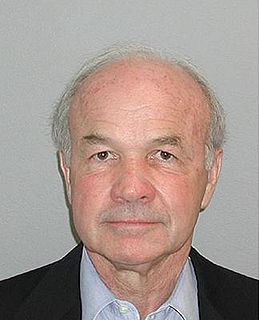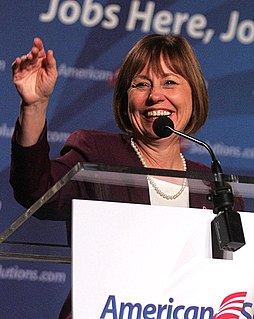A Quote by Kenneth Lay
You'll have lower prices under deregulation than you will through regulation.
Quote Topics
Related Quotes
Deregulation is a popular term that's used across the political spectrum. And it's one of these terms like "choice," that corporate interests have used because they know their focus-group buzzword testing makes it sound like a popular word. Because, who can be against deregulation? Being free, having liberty, not having someone tell you what to do, being deregulated, hey, that sounds great. But deregulation is a non sequitur in the realm of media policy or media regulation. The issue is never regulation versus deregulation; our entire system is built on media policies and subsidies.
Who can complain about the price that Google is charging you? Or who can complain about Amazon's prices; they are simply lower than the competition's. And that's why I think we need to shift back to a more Brandeisian conception of antitrust, where we consider values other than simply efficiency and low prices.
There is no such thing as agflation. Rising commodity prices, or increases in any prices, do not cause inflation. Inflation is what causes prices to rise. Of course, in market economies, prices for individual goods and services rise and fall based on changes in supply and demand, but it is only through inflation that prices rise in aggregate.
Regulation has gone astray. . . . Either because they have become captives of regulated industries or captains of outmoded administrative agencies, regulators all too often encourage or approve unreasonably high prices, inadequate service, and anticompetitive behavior. The cost of this regulation is always passed on to the consumer. And that cost is astronomical.



































